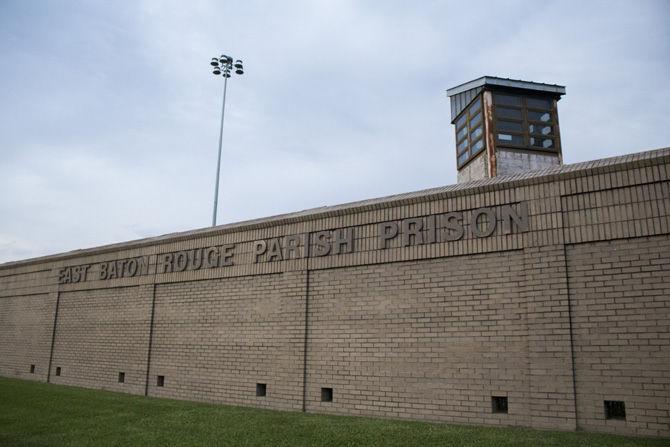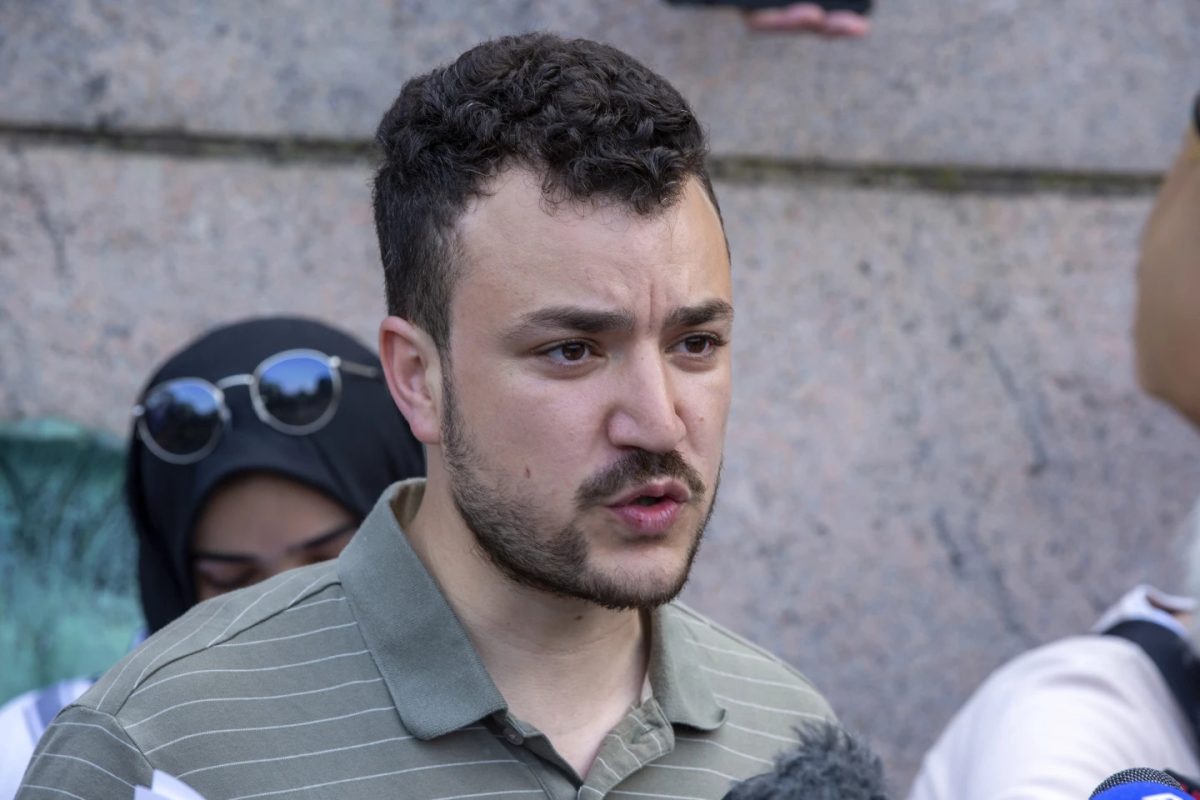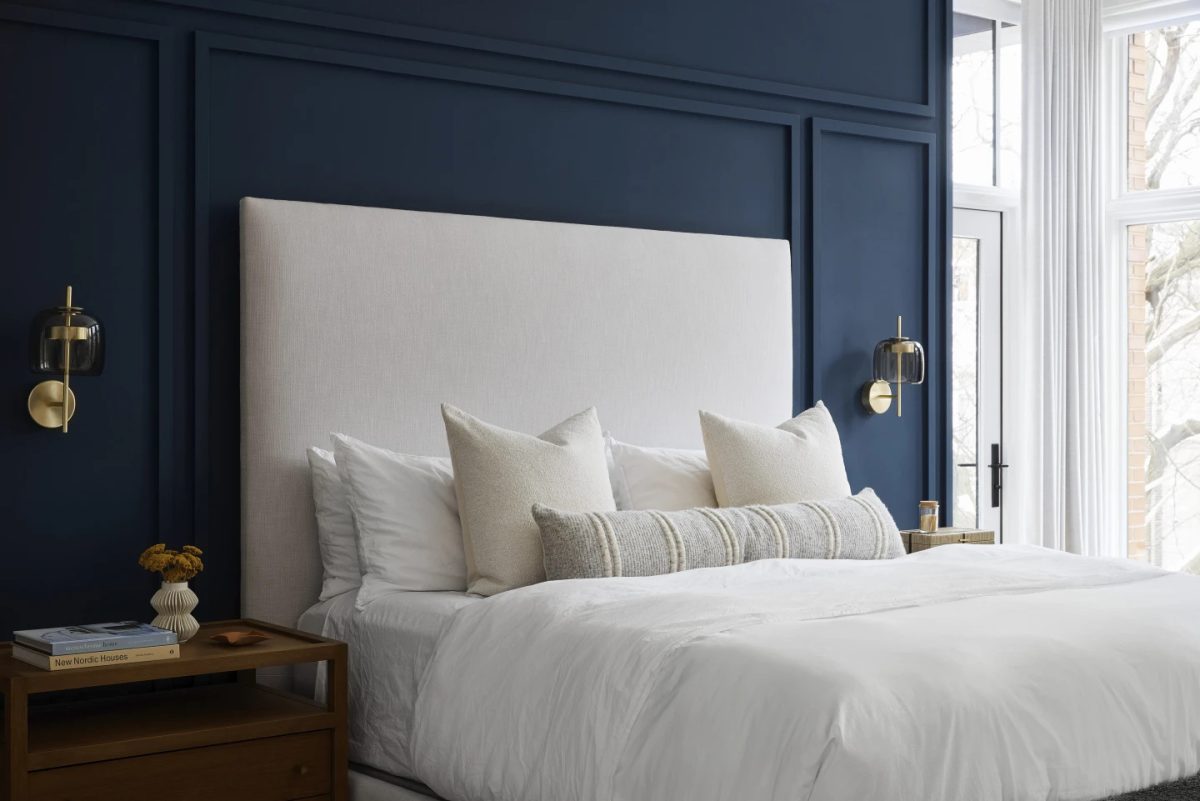Over 80% of the more than 1,400 people incarcerated in the East Baton Rouge Parish Prison have not been convicted of a crime. Nationwide, over half a million people share in this reality.
Many of these people are denied their freedom not out of concerns for public safety, but because they do not have the money to make bail.
This is why the Fair Fight Initiative, MacArthur Justice Center and Advancement Project National Office filed a lawsuit against local officials in December 2020: because East Baton Rouge imprisons hundreds of people solely because of their economic status.
Cash bail is just one piece of evidence that the prison system was built to serve the wealthy and punish the poor.
Pre-trial imprisonment harms incarcerated people in deep and lasting ways. Long durations in prison can result in the loss of employment, familial and social connections, child custody and, quite simply, time. The human aspect of life is that it is so fleeting and short and valuable, yet the criminal justice system acts as a cold machine that destroys these notions of humanity.
The material and quantifiable losses of those in prison are heart-wrenching enough; to think of the lives that are stolen from them is even more troubling.
Incarcerated individuals unable to make bail have reported pleading guilty to crimes they did not commit out of an understandable desperation for freedom.
Meanwhile, the government and for-profit bail corporations have found a way to exchange human suffering for cash.
This is perhaps especially true in the state of Louisiana. The Vera Institute of Justice found that in 2015, the government made $4.5 million from bail and other fines while for-profit bail companies made $4.7 million. New Orleans bail companies were later forced to repay millions of dollars in profit to tens of thousands of families after illegally overcharging.
The cash bail system provides heavy profits to corporations and pads the discretionary funding of criminal courts. It is impossible to believe that a system with such misaligned incentives could be relied upon to deliver justice.
It is a moral imperative that Louisiana eliminates cash bail.
Other states have already moved in that direction with great success. Washington, D.C. and New Jersey found that eliminating bail requirements, in addition to implementing other reforms that make it easier to meet a court date, brought equivalent or improved rates of court appearances. Washington, D.C. releases 94% of defendants pre-trial; of those, 91% return to court.
These success stories prove that the justification for cash bail — incentivizing people to return to court — is severely flawed.
It is supposedly a founding idea of this nation that the accused are innocent until proven guilty. Cash bail is a violation of that idea, criminalizing poverty and disproportionately incarcerating people of color.
Cash bail has fractured Louisiana families and robbed tens of thousands of residents of their limited and irreplaceable time. While millions of dollars have been made off of this pain, the human lives that have been lost cannot be measured. One cannot help but think of the birthdays missed, the beautiful moments never shared and the opportunities vanished.
The Louisiana criminal justice system has attempted to place a price tag on freedom, but it’s time the government sees its residents’ lives for what they are: invaluable.
Claire Sullivan is an 18-year-old coastal environmental science freshman from Southbury, CT.






